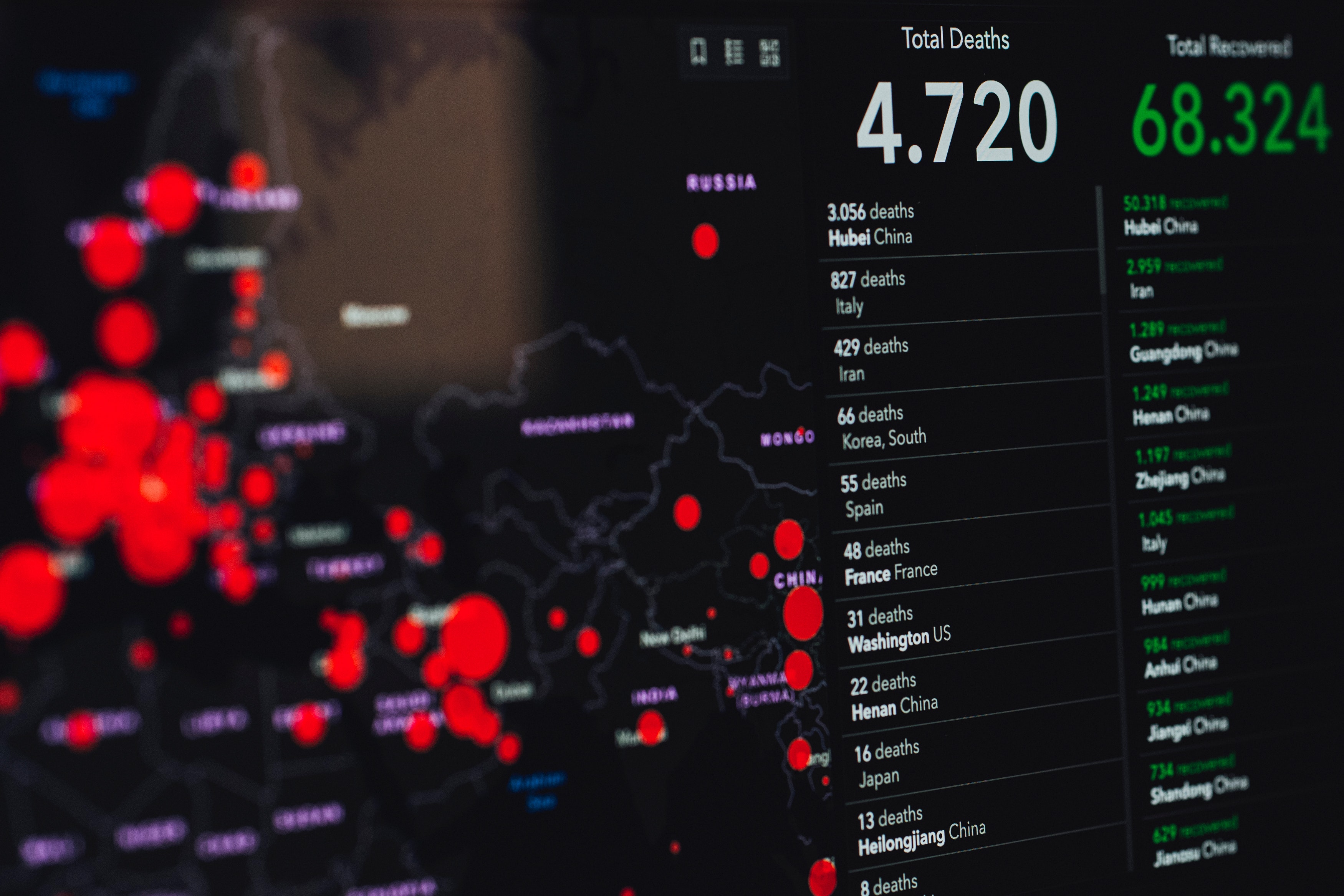The HATS project is now into the middle of its second year. We began in January 2020, just when the Coronavirus arrived, and with this world so altered, substantive adjustments in project activities and management were required. But our vision did not change; in fact, it became clearer, perhaps more attainable, over the last year of pandemic. As many of you recall, the HATS project has two central activities. Most of the resources are directed toward the first activity, which supports three UArizona faculty who occupy technical staff positions at the Bureau of Humanitarian Assistance (formerly the Office of US Foreign Disaster Assistance) in USAID. These colleagues contribute their expertise in technical areas of markets and economic recovery, hydroclimatology and early warning systems, and knowledge management and communication. All three have been forced to work remotely from home, even though their assignments are global—the Central American Northern Triangle, refugee camps in Jordan and Turkey, Yemen, Venezuela, and so forth. They are kept exceedingly busy, situated as they are in the breech of humanitarian crisis and at the forefront of the new Biden administration. The second activity of HATS is the mobilization of UArizona institutional capacity in the sphere of research themes related to disaster and humanitarian assistance, such as climate change adaptation, migration, food security, global health, water resources, social inclusion and justice, and so on. This represents the crux of our core vision: to demonstrate globally that the University of Arizona has the expertise and experience to contribute to meeting major challenges stemming from disasters and the need for humanitarian response.
To achieve this vision, we have created the HATS network of affiliated faculty to which many of you belong. We are around three dozen colleagues from across the campus who have an interest and proven expertise in the constellation of HATS-related themes. We envision this network as a community of scholarship and practice, which enables the exchange of information, the expansion of undergraduate and graduate curricula, and the launch pad for collaborative research funded by the international development donors.
There are many research opportunities available for innovative thought leadership in embracing the big global challenges. The key words at USAID are now “Climate, Conflict, and COVID”, and they are backed by large pools of resources. Our HATS team is working closely with the Office of Global Projects and the Arizona Institutes for Resilience (the international sector) to identify those funding streams where our expertise can compete. We have been awarded one research project in Bangladesh supported by Resilience Evaluation Analysis and Learning (REAL) to study the impacts of long-term interventions designed to enhance local level gender status, equity, and inclusion on resilience capacities.
While much progress has been made in carving out a research niche within the area of disasters and humanitarian assistance, our fundamental selling point is the expertise mobilized within our HATS network. We will strive to energize this expertise and engage our colleagues in the second half of this year. We warmly welcome your participation in the upcoming UArizona Symposium on Resilience Research for Global Development Challenges (Sept. 30 and Oct. 1), where HATS is featured, and keep abreast of developing opportunities on the HATS website. Please feel free to contact me or any of the HATS team; we look forward to hearing from you.
Dr. Tim Finan


